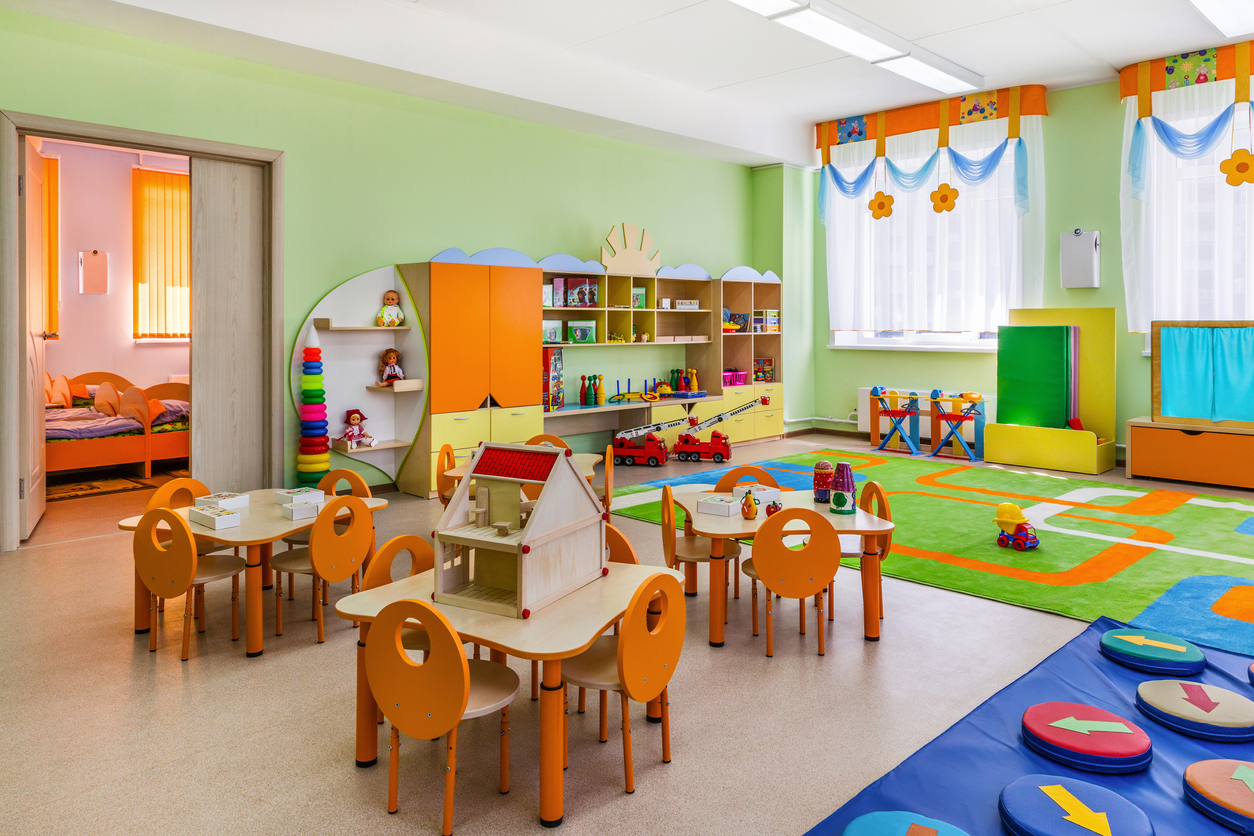
Starting a new business is a challenge. It takes commitment and WORK! Family child care is no exception.
Will family child care work for me? Take the Family Child Care Self-Assessment and discover what strengths, interests, and ideas you bring to the profession, as well as what challenges may be ahead.
Family child care is hard work. Most providers report working an average of 55-60 hours per week. This includes either caring for children or doing things they need to do to keep their business operational (grocery shopping, record keeping, home maintenance and cleaning, etc).

There are many things to take into account when considering a career in child care.
As with any business, it is important to consider the costs associated with starting and maintaining operations.
Although the start-up costs for family child care are typically much less than most other businesses, you need
to have access to the resources you will need to get started. What it will actually cost varies greatly, depending on what equipment and materials you may already have and what you may need to purchase. It is also important to understand that your income as a self-employed business owner may be irregular and particularly unstable during the first year as you establish your business and build your
enrollment.
Consider the family child care basic necessities checklist, remembering that some things are required to begin your business and some can be added as you go. What you will need to get started depends on what ages of children you plan to enroll. For assistance in getting started call your local CCR&R.
It is important to increase income and reduce expense in order to maintain a business.
Ways to Increase Income:
Ways to Reduce Expense:
Although it is very important to enjoy spending time with children, it takes more to be a successful family child care provider. A knowledge of basic child development is key to meeting the individual needs of a child. Being calm during times of stress or crisis and being organized are also important.
Take time to build strong partnerships with parents. Use various communication tools in order to build partnerships with families, such as daily notes, phone calls, text messages, emails, parent/family conferences, parent evaluations of your program, etc. Invite participation in a variety of ways and remember that happy parents are an extremely effective marketing tool for your program!
How your family feels about your child care business is important to your success, your sanity, and the well-being of your family unit. You will need to customize your business to best fit your family’s needs. You have to find a balance between your own family and the families you serve.
Talk with your family about how your business will change your household operation, including both the positives as well as the challenges. Express the value of your work with children and their families and help your family understand your very important role.
The Kansas Department of Health and Environment (KDHE) administers the child care licensing laws and issues licenses for child care facilities. The main purpose of child care regulation is to protect the health, safety, and welfare of children receiving care away from their home.
From getting started to furthering your career, Child Care Aware of Kansas is here to help you every step of the way! We partner with local Child Care Resource & Referral (CCR&R) agencies to provide you one-on-one support.
Sometimes family child care providers feel isolated, because they have limited contact throughout the day with other adults. CCR&Rs are here to help and just a phone call away. We welcome your questions and want to support you in your business of providing high-quality care for young children.
Schedules, routines, and activities
A predictable schedule is important to children, and will help your days be calmer and more organized. Children feel secure when they know they can depend on certain routines. Your schedule reflects your unique situation.
It should allow for flexibility, as well as allow you to take advantage of teachable moments— unexpected learning
opportunities such as the discovery of a bird’s nest or an ant hill!
Child Care Providers Coalition of Kansas (CCPC) is the state association in Kansas that publishes a newsletter and sponsors an annual conference — www.ccpcofks.com
Kansas Association for the Education of Young Children (KAEYC) is a statewide organization with local chapters in some counties. KAEYC also sponsors an annual conference – www.kaeyc.net
Kansas State Department of Education Child Nutrition & Wellness provides leadership, information, training, technical assistance, and monitoring for local agencies operating child nutrition and wellness programs including the Child and Adult Care Food Program (CACFP) – cnw.ksde.org
Kansas Department of Health and Environment (KDHE) administers the child care licensing laws and issues licenses for child care facilities – www.kdhe.ks.gov
Kansas Department for Children and Families (KDCF) offers a variety of assistance programs including food, cash, and child care assistance. You can also report all suspected incidents of child abuse or neglect to KDCF – www.dcf.ks.gov
Kansas Child Care Training Opportunities, Inc. (KCCTO) is a state-wide training office dedicated to providing quality, accessible, professional development opportunities to family child care providers, child care center staff, and other early education professionals throughout Kansas. kccto.org
Your donation to Child Care Aware of Kansas is an investment in our state's future. Join our efforts towards ensuring accessible, affordable, high-quality child care for every child.
DONATE